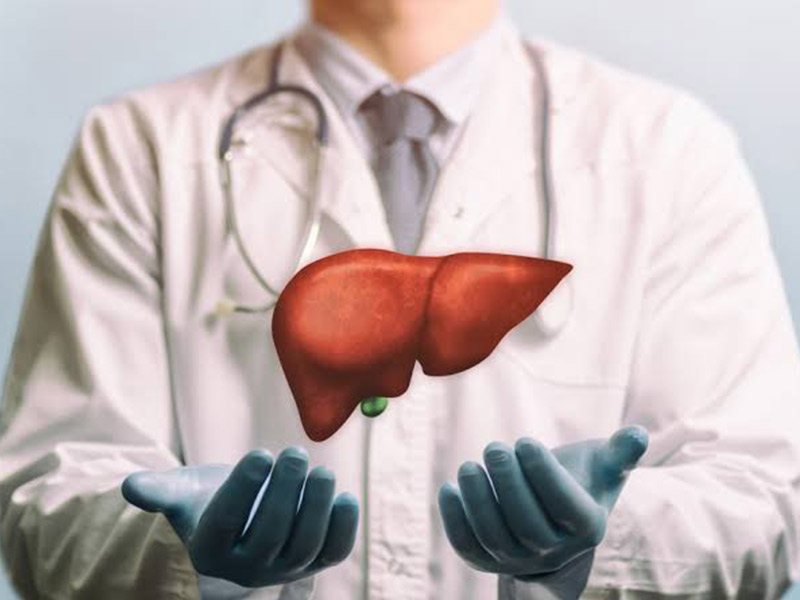The liver performs over 500 functions in your body, and when problems arise, specialized care becomes necessary. Fatigue, abdominal pain, and digestive issues often signal liver problems, but these symptoms can be subtle or mistaken for other conditions. A liver specialist provides the expertise needed to diagnose and treat these complex conditions properly.
What Is a Liver Specialist?
A liver specialist is a gastroenterologist who has completed training in hepatology, the study of liver diseases. These physicians focus specifically on conditions affecting the liver, gallbladder, and bile ducts. Their specialized training allows them to diagnose complex liver conditions that general practitioners may miss, and they possess advanced knowledge of treatment options.
What Services Do They Provide?
Liver specialists offer comprehensive diagnostic and treatment services for patients with liver-related concerns. They perform detailed medical histories and physical examinations to identify potential liver problems, and they order specialized blood tests that measure liver function and detect specific markers of liver disease. Advanced imaging techniques like ultrasounds, CT scans, and MRI studies help them visualize liver structure and identify abnormalities.
These specialists also perform liver biopsies when necessary to obtain tissue samples for microscopic examination. The biopsy procedure provides definitive information about liver damage, inflammation, and the presence of cancer cells. Consulting a specialist helps determine what they can do for each situation.
What Conditions Do They Treat?
These specialists diagnose and manage a wide range of liver conditions, from common problems to rare diseases. Hepatitis B and C infections require specialized antiviral treatments that these physicians prescribe and monitor closely. Fatty liver disease needs careful management to prevent progression to more serious conditions like cirrhosis.
Autoimmune liver diseases, such as autoimmune hepatitis, require immunosuppressive medications that specialists manage expertly. They also treat genetic conditions like hemochromatosis and Wilson’s disease, which cause dangerous accumulations of iron and copper. Liver cancer, both primary tumors and metastases from other organs, falls under their expertise as well.
Cirrhosis represents one of the most serious conditions these specialists may manage. This condition involves permanent scarring of liver tissue, and it can lead to liver failure if not properly managed. Alcohol-related liver disease also requires medical treatment.
What Treatments Do They Recommend?
Treatment recommendations vary based on the specific condition and its severity. Antiviral medications form the cornerstone of treatment for viral hepatitis, and lifestyle modifications, including dietary changes and weight loss, play valuable roles in managing fatty liver disease and preventing progression. Immunosuppressive therapies help control autoimmune liver conditions by reducing the immune system’s attack on liver tissue.
For genetic conditions like hemochromatosis, regular phlebotomy removes excess iron from the body and prevents organ damage. Advanced liver disease may require more aggressive interventions. Portal hypertension, a complication of cirrhosis, may need procedures to reduce pressure in the liver’s blood vessels.
How Is Professional Guidance Beneficial?
Professional guidance from liver specialists provides several advantages for patients with liver conditions. These physicians recognize subtle signs of liver disease, and they understand how liver conditions progress over time. Their expertise allows for earlier intervention, which can prevent irreversible liver damage and improve long-term outcomes. Liver specialists also provide access to treatments that may not be available through general practitioners.
Learn More About Your Options
Liver health requires specialized attention when problems arise, and liver specialists provide the expertise necessary for improved outcomes. These gastroenterologists offer comprehensive diagnostic services and treat a wide range of liver conditions. If you experience symptoms like persistent fatigue, abdominal pain, or changes in appetite, consult with a liver specialist.



